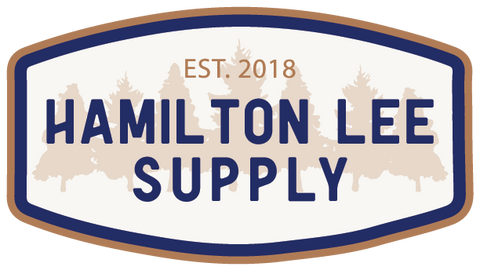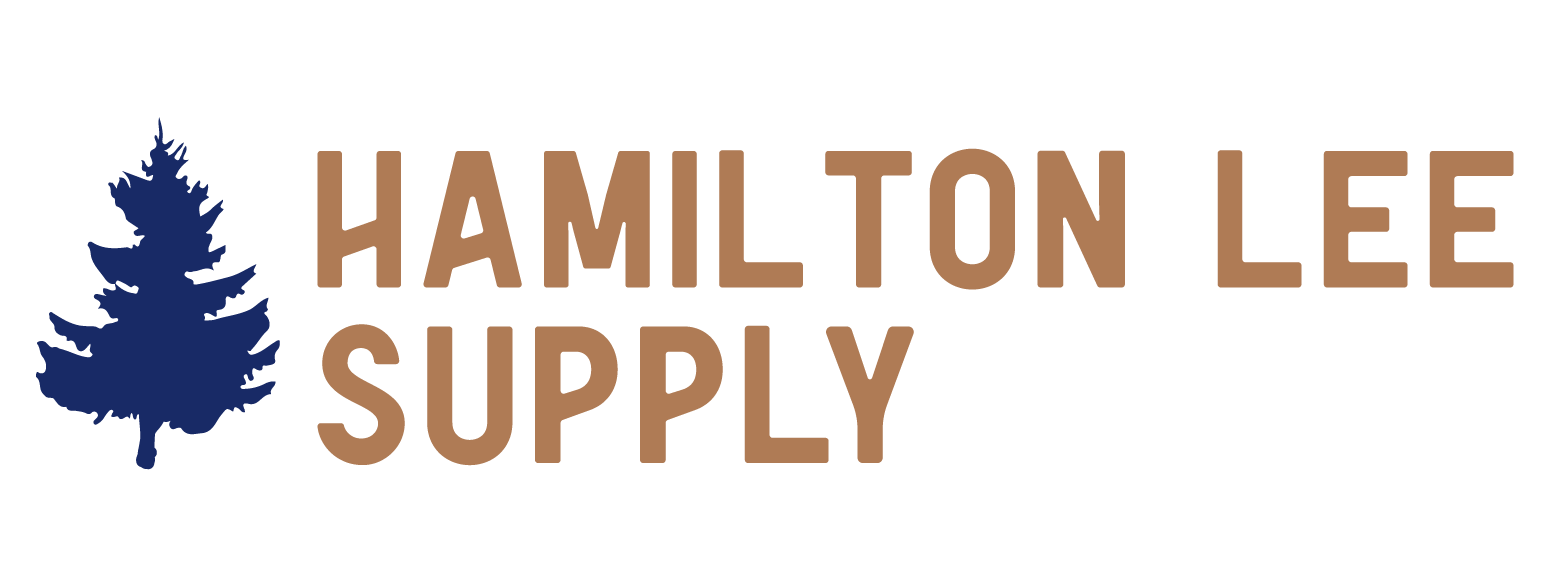LiveEdge Mahogany
Couldn't load pickup availability
Species: Mahogany
SKU: BGAAM342
Length: 47.25"
Width (Bottom): 30"
Width (Middle): 30.25"
Width (Top): 30"
Thickness: 4.75"
Board Foot: 46.89 BDFT
Weight Estimate: 195 Pounds
Origin: Battleground, Washington
Shipping Information:
-Slab Ships From: Battle Ground, Washington
-All slabs are subject to freighted shipping. Once purchased, we will contact you via email or phone to coordinate and secure the best negotiated shipping rate for your location. Shipping costs are based on your zip code, residential/commercial address classification, and whether a liftgate/forklift is required.
If you can't find a slab that perfectly fits your needs among our listed options, feel free to reach out to us directly. We can check our inventory for additional slabs that may suit your preferences.
Contact Information:
-Email: info@hamiltonleesupply.com
-Phone: 360.601.8388
Transform your vision into reality with our remarkable Live Edge slabs. Embrace the artistry of nature in your next woodworking project and create a unique masterpiece for your home.
Crafted with precision and attention to detail, this kiln-dried slab is project-ready, ensuring minimal wood movement and cracking. Our state-of-the-art iDry vacuum kiln removes moisture, guaranteeing its suitability for your project right away.
Please note that as each tree is unique, no two slabs are alike. This individuality guarantees that your furniture piece, whether it's a table, shelf, or any other creation, will be truly one-of-a-kind.
At Hamilton Lee Supply, we are committed to preserving and reusing stunning wood materials. Our focus on sustainability means that every slab tells a story and contributes to a greener future.
Common Names: African mahogany, khaya, acajou d’Afrique
Scientific Name: Khaya spp., primarily A. anthotheca and A. ivorensis (refer to notes below)
Geographic Distribution: Found in Tropical Africa
Tree Size: Typically grows to heights of 100200 feet (3060 meters) and trunk diameters of 36 feet (11.8 meters)
Average Weight when Dried: Approximately 33.9 pounds per cubic foot (545 kilograms per cubic meter)
Specific Gravity (Basic, 12% Moisture Content): Ranges from 0.46 to 0.54
Janka Hardness: Measures 850 pounds of force (3,800 Newtons)
Modulus of Rupture: Exhibits 11,730 pounds per square inch (80.9 Megapascals)
Elastic Modulus: Approximately 1,410,000 pounds per square inch (9.72 Gigapascals)
Crushing Strength: Stands at 6,570 pounds per square inch (45.3 Megapascals)
Shrinkage: Radial: 3.4%, Tangential: 5.7%, Volumetric: 9.3%, T/R Ratio: 1.7
Color/Appearance: Heartwood varies from pale pink to deeper reddishbrown, often featuring streaks of medium to dark reddishbrown. Darkens with age; quartersawn surfaces display a ribbonstripe pattern.
Grain/Texture: Grain ranges from straight to interlocked with a medium to coarse texture. Displays natural luster and a high level of chatoyancy.
Resistance to Rot: Moderately durable with moderate to poor resistance against insects and borers.
Workability: Generally easy to work with, though it can be prone to tearout when the grain is interlocked. May stain and react with ironbased fasteners in damp conditions. Suitable for gluing, turning, and finishing.
Odor: Lacks a distinctive odor.
Allergies/Toxicity: While severe reactions are rare, African mahogany can sensitize individuals, leading to eye and skin irritation. Refer to Wood Allergies and Toxicity and Wood Dust Safety articles for more details.
Pricing/Availability: Available in various lumber sizes, plywood, and veneer. Prices are moderate for an imported hardwood.
Sustainability: African mahogany is listed in CITES Appendix II, subject to genuswide restrictions on all Khaya species from Africa. Additionally, all primary Khaya species of African mahogany are classified as vulnerable on the IUCN Red List due to a population decline of over 20% in the last three generations, mainly due to habitat loss and exploitation.
Common Uses: Utilized for veneer, plywood, turned items, furniture, boatbuilding, and interior trim.
Additional Notes: There are five recognized Khaya species, with four being harvested and sold as African mahogany. The fifth species, K. madagascariensis, is native to Comoros and northern Madagascar, producing mahoganylike wood but isn't commonly exported. Among the commercial species, there is significant variation in density and heartwood color. The heaviest species, K. senegalensis, is sometimes known as dry zone mahogany. K. grandifoliola falls in between the lighter and heavier species. Botanically, Khaya belongs to the Meliaceae family, which also includes sapele, Spanish cedar, and other commercial species. It is considered a viable substitute for Honduran mahogany, though African species may differ in color and durability from true mahogany in the Swietenia genus.







